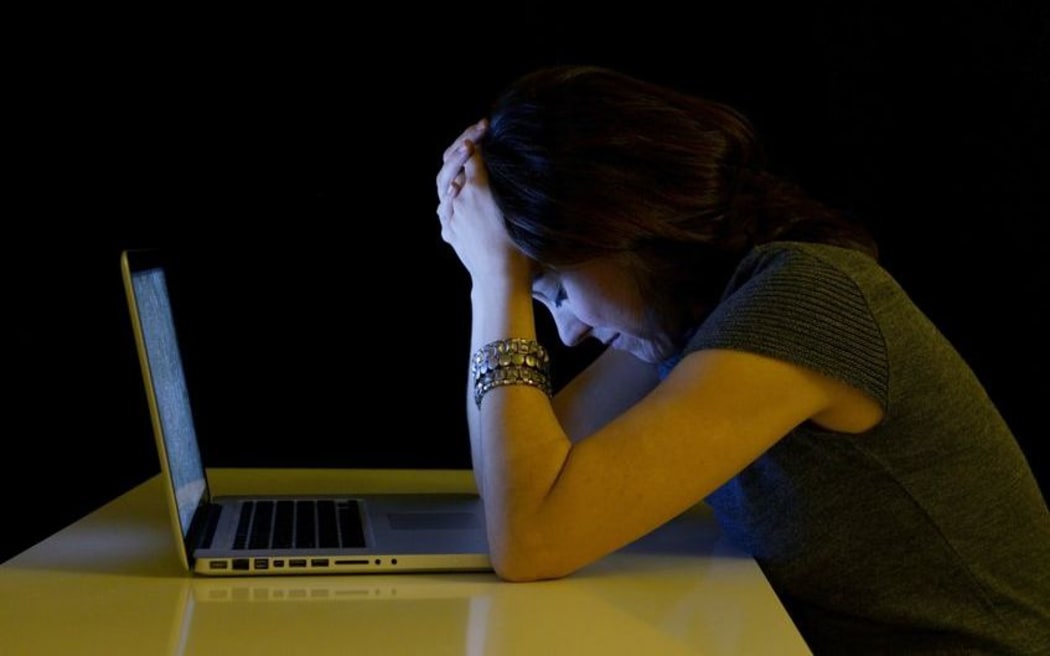WorkSafe New Zealand has never prosecuted anyone for bullying, despite receiving about 100 complaints.

Photo: 123RF
Bullying is considered a psychosocial health risk in a workplace and, under the Health and Safety at Work Act, employers have a legal obligation to deal with it or they can face prosecution.
It is WorkSafe New Zealand's job to enforce the Act, but in almost half of the 100 bullying complaints it received between 2013 and 2017, it has taken no action.
Of the remaining cases, 42 were referred on to other organisations and nine were investigated. No legal action was taken against employers for workplace bullying.
WorkSafe general manager of strategy and performance Jude Urlich said the organisation investigated the most serious allegations of workplace bullying. It focused on cases where the person was diagnosed by a specialist as having a serious mental health condition and where there was a clear link between workplace bullying and the illness.
"While no prosecution took place in those nine cases, you can be very sure that engagement and education did occur.
"Our response to any incident or allegation must be proportionate to the harm. Taking something through to a full legal processes must meet certain standards for legal prosecution."
WorkSafe was also notified by the Coroner of seven suicides in 2016 in which bullying may have played a part. The agency investigated three.
Ms Urlcih said none were found to be directly attributed to the workplace.
RNZ has investigated allegations of bullying at the Bay of Plenty DHBs' Tauranga Hospital. At least two Tauranga Hospital staff, who were at points suicidal after feeling bullied by the DHB, had their cases turned down for investigation by WorkSafe.
Read the full investigation here: Suicides, sackings and the stressed staff of Tauranga Hospital
Similar stories have emerged on a New Zealand nurses' Facebook group. One nurse posted that they had "recently plucked up the courage to report the terrible bullying that is happening in our hospital to WorkSafe NZ".
"It was very descriptive and identified that we had suicidal members of staff," they wrote.
WorkSafe responded, letting the nurse know they would not investigate the complaint.
"I feel so incredibly gutted at the half-hearted reply and the fact that he didn't class my report as being serious enough.
"If we are not protected by WorkSafe what do we do next?"
WorkSafe received about 10,000 complaints a year over workplace health and safety issues and focused predominantly on physical harm, investigating 400 to 500 each year.
But director of CultureSafe NZ Allan Halse said the psychological harm caused by bullying was more widespread and damaging.
"It's a problem on a massive scale."
New Zealand research showed nearly one in five New Zealanders were bullied in the workplace.
Mr Halse said New Zealand could learn from Australia's example.
"Victoria WorkSafe have a dedicated team of least 30 who actually investigate psychological bullying.
"The government and the minister of workplace relations and safety Iain Lees-Galloway needed to direct WorkSafe to do their job and investigate psychological harm. They also need to make sure they're funded and resourced to do that."
People could take their employers to the Employment Relations Authority (ERA) over workplace bullying but unless they raised the issue with the employer within 90 days of it happening, the ERA could turn down their case.
Mr Halse said the ERA was not the right place for bullying cases since it dealt with the "wrong" legislation.
"They try to fit workplace bullying into the Employment Relations Act which dumbs it down and it doesn't provide justice to the victims of workplace bullying. They're using weak legislation for an issue that's actually killing people."
Where to get help:
- Lifeline: 0800 543 354
- Suicide Crisis Helpline: 0508 828 865 / 0508 TAUTOKO
- Depression Helpline: 0800 111 757 or free text 4202

